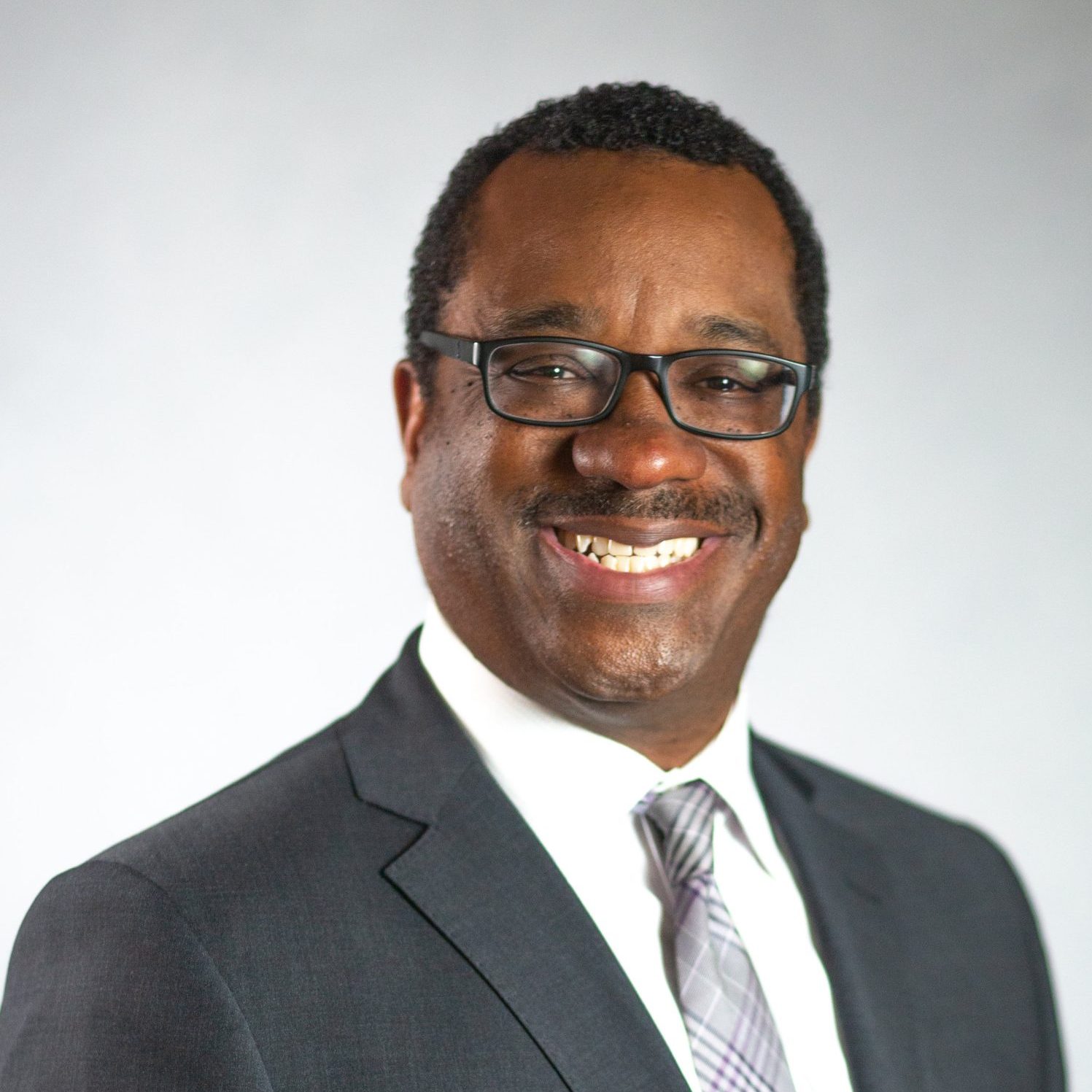
News Release: Indiana Psychiatrist Addresses Longstanding Racial Health Disparities Amidst COVID-19
Oct 12 2023

For family members of people addicted to alcohol or drugs, recovery can bring immense relief—and complications. Communication is key.
When a person becomes addicted to drugs or alcohol, apart from the anguish it creates, his or her family members and loved ones often put their lives on hold, setting aside personal priorities. The user in the home consumes all the attention and energy. Stress soars to a high level and stays there.
“First of all, we have to realize that addiction is a family disease,” Regional Health Systems Addiction Therapist Verlilia Pettigrew said. “It affects the family as well as the user and it affects them in all areas of their lives.”
If the user seeks treatment, another characteristic sweeps through the family.
“Everybody gets a breather or a reprieve,” said Pettigrew, who has worked as an addiction therapist at Regional Health Systems for more than a dozen years, “because the using family member is not there to wreak havoc.”
And if recovery continues along a successful path, the family can experience a 180-degree difference in their relationships and functioning. “All that beautiful normalcy returns,” Pettigrew said.
But recovery can be complicated for a family. Lingering resentment and impatience are among several factors that can make the journey more challenging, she said.
Pettigrew’s observations are particularly significant now. September is National Recovery Month. Started in 1989 by the Substance Abuse and Mental Health Services Administration (SAMSHA), the national observance promotes and supports new, evidence-based treatment and recovery practices, the U.S. recovery community and the dedication of service providers and others who make recovery possible.
Pettigrew is on the front lines of recovery. She said relatives, friends and other loved ones of the former user are important components. They can provide insight and support and they should be included in recovery.
In fact, if the person going through recovery agrees, a Regional Health Services addiction therapist contacts the individual’s family to gain additional context about the client.
“They may see things that the client was unwilling to talk about but that the family is willing to discuss,” Pettigrew said.
During that interaction, the therapist also asks what the loved ones may need. Many family members simply want to know what their loved one will be doing in his or her recovery.
Often, relatives and other loved ones may need family therapy—which Pettigrew endorses for all families experiencing recovery. Individual therapy, even psychiatric services, also may be needed.
“When their loved one is using, family members have stopped taking care of themselves,” she said. “They may stop leaving the home because they’re afraid the user is going to steal anything of value in the home. They may not go to doctors’ appointments or not want to bring friends to the house because of the environment. When they stop taking care of themselves, they can become depressed or angry. They can even get sick by putting up with all the nonsense. It wears on the family.”
And, although the feeling of relief is substantial for a family once a user begins treatment, serious issues can linger. The top priority, Pettigrew tells families, must be a strong, consistent recovery structure for the client. One element of that is a relapse prevention plan.
But prioritizing recovery can result in the person spending a great deal of time away from the family—much like when they were abusing alcohol or drugs. Family members may be unable to understand that dynamic and push the recovering loved one to land a job or perform other responsibilities too soon.
Exhaustion, frustration, and anger may emerge. The pressure can lead to conflict, violence, or relapse.
“That’s why it’s important for everyone to work with the therapist,” Pettigrew said. “They can try and come up with a plan where people meet in the middle.”
Crucial to navigating to an effective recovery, Pettigrew said, is for the family to understand that the user has a complex brain disease; that recovery is a lifelong process.
“You want to love the drug abuser unconditionally,” she said, “but sometimes you have to detach your love, separating the drug abuser, telling them, ‘I love you, but I truly don’t like what you engage in and what it does to me and the family.’”
She also said it is important for family members to start taking care of themselves once recovery starts. And she suggests Al-Anon, a prominent support organization for those whose lives have been affected by another’s drinking.
Most important to recovery, she said, is communication.
“There needs to be healthy communication, so the family understands that the person in recovery is learning life skills, interacting with people who are showing him or her how to live without drugs and alcohol. He or she has to be around them.”